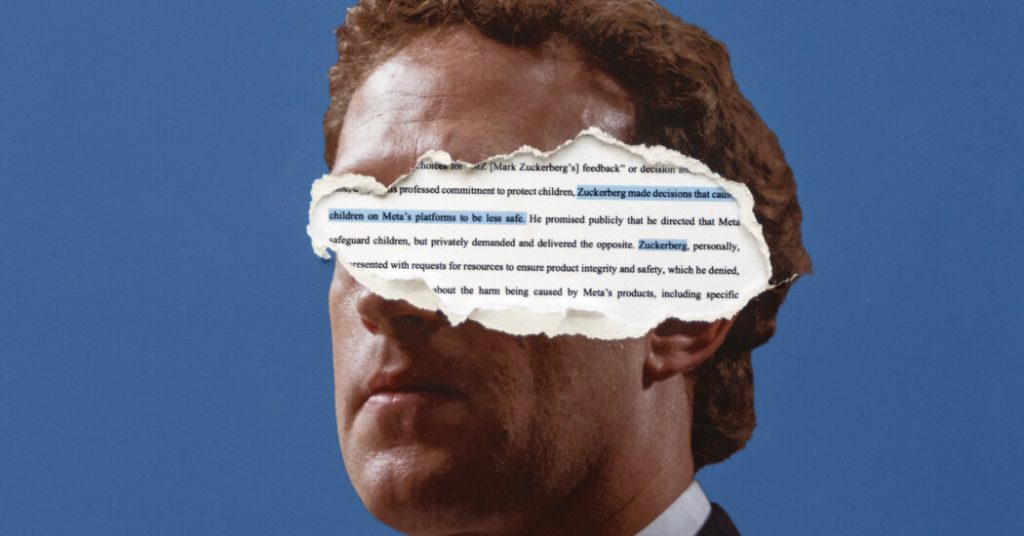In April 2019, Meta executive David Ginsberg proposed a project to research and reduce loneliness and compulsive use on Instagram and Facebook. However, the project was not funded due to staffing constraints, despite the company facing scrutiny for problematic use and addiction. This proposal is among the evidence in lawsuits by 45 states and the District of Columbia accusing Meta of ensnaring teenagers while deceiving the public about the hazards. The lawsuits seek to compel Meta to bolster protections for minors.
State attorneys general have criticized Meta’s prioritization of user engagement at the expense of child welfare, particularly targeting teenagers and children on social media. Concerns include the risks of sexual solicitation, harassment, bullying, body-shaming, and compulsive online use. The Surgeon General has called for warning labels on social networks as a public health risk to young people, potentially influencing the Kids Online Safety Act in Congress. Meta disputes the state’s claims, stating they are committed to youth well-being with various safety tools and features.
Parents whose children experienced online harms challenge Meta’s safety assurances, citing instances where their children faced dangerous situations online. Meta has long focused on attracting and retaining teenagers, with internal documents illustrating the company’s goals to maximize teen time on platforms like Instagram. Despite concerns raised by employees and executives regarding the impacts on youth, the drive for higher engagement among young people often prevailed.
Meta’s practices around underage users and privacy came under scrutiny in various lawsuits, including allegations that the company allowed children under 13 on Instagram through lax account creation processes. The company’s statement refutes these claims, stating they regularly remove underage accounts. The debate over beauty filters on Instagram highlighted internal conflicts over teenage mental health, with employees and executives discussing the potential harms versus the desire to engage more young people.
As Meta faced mounting concerns over its impact on teenagers, the company’s plans to launch Instagram Kids prompted attorneys general to urge the company to abandon the initiative. Company executives discussed the urgency of youth well-being efforts, citing concerns from regulators and potential legal action from state attorneys general. Despite attempts to address these issues, challenges related to inappropriate content, including explicit videos involving children, brought further criticism to Meta’s handling of safety measures on its platforms.


